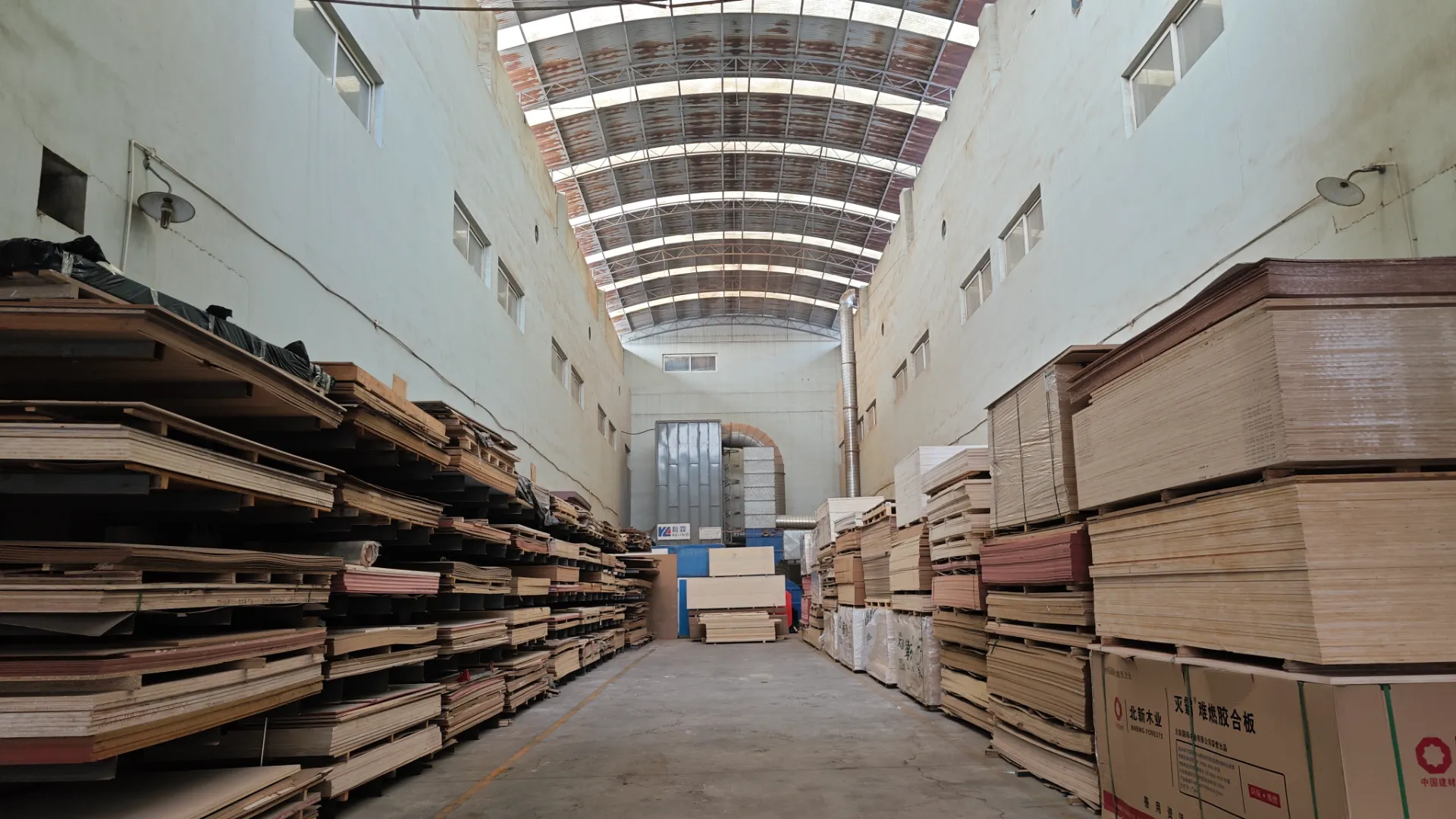Jul . 26, 2024 14:34 Back to list
Explore Unique and Stylish Furniture Options for Every Room in Your Home Today
Exploring the Essentials of Shop Furniture A Guide to Stylish and Functional Selection
In the world of retail, the importance of shop furniture cannot be underestimated. Shop furniture encompasses everything from display cases and shelving units to checkout counters and seating arrangements. The right shop furniture not only enhances the aesthetic appeal of a store but also significantly influences customer experience and purchasing behavior. In this article, we will delve into the essentials of shop furniture, exploring how to create a stunning yet functional retail environment.
Understanding Your Space
Before diving into the selection of shop furniture, it is crucial to understand the unique characteristics of your retail space. Whether it is a boutique, a grocery store, or a furniture showroom, each type of shop has its own requirements. Assess the layout, dimensions, and overall design of your space. Consider how customers will navigate through your store—this will inform your choices regarding furniture positioning and types.
The Importance of Display Units
Display units are fundamental in showcasing your products effectively. They should not only be visually striking but also facilitate easy access for customers. For instance, in clothing stores, open racks and mannequin displays allow customers to envision outfits in a realistic context. In contrast, jewelry stores might benefit from glass display cases that provide security while enhancing product visibility.
When choosing display units, consider materials, colors, and styles that resonate with your brand identity. For example, minimalist designs can create a sleek and modern atmosphere, while rustic wooden shelves can evoke a warm and inviting feel.
Checkout Counters The Final Touchpoint
The checkout counter serves as the last interaction customers have with your store, making it a vital piece of shop furniture. It should be strategically placed to streamline the flow of customers. A well-designed checkout area not only allows for efficient transactions but also serves as a promotional space for impulse buys. Consider incorporating display elements or small product selections near the counter to encourage last-minute purchases.
shop furniture

Seating Areas Enhancing Customer Comfort
If your store has the capacity, incorporating seating areas can dramatically enhance customer experience. Comfortable seating allows shoppers to take a break, especially in larger retail spaces where customers may spend extended periods browsing. In furniture stores, demonstrations of products such as recliners or sofas can create an inviting atmosphere. Furthermore, in cafes or bookstores, cozy seating with warm lighting can encourage customers to linger longer, potentially increasing sales.
Flexible Furniture Solutions
In today’s dynamic retail landscape, flexibility is key. Retail environments are often subject to change based on seasonality or marketing campaigns. Therefore, choosing modular or adjustable furniture can provide the versatility you need for various setups. For instance, stackable chairs or movable display units can be rearranged to match seasonal promotions or special events.
Sustainability and Shop Furniture
As consumers become increasingly environmentally conscious, the choice of materials used in shop furniture plays a pivotal role in brand perception. Opting for sustainable materials and practices not only contributes to a healthier planet but also appeals to eco-friendly shoppers. Consider furniture made from reclaimed wood, recycled materials, or certified sustainable sources, which can also add an authentic charm to your retail space.
Conclusion
Selecting the right shop furniture is a vital investment that can enhance both the functionality and aesthetic appeal of your retail space. By understanding your environment, choosing the right display units and checkout counters, incorporating comfortable seating, and considering flexibility and sustainability, you can create a shopping experience that delights customers and fosters brand loyalty. The right furnishings are more than just functional items; they are the backbone of your retail identity and a direct reflection of your business philosophy.
-
Heavy Duty Wood Rack with Light for Store Trousers & Sport
NewsAug.31,2025
-
Ins Style Makeup Brush Storage Tube for Dorm & Dressing Table Desktop
NewsAug.30,2025
-
Heavy Duty Wooden Clothes Rack with Light for Trousers Display
NewsAug.29,2025
-
Discover Your Perfect Retail Shop: Best Deals & Selection
NewsAug.28,2025
-
Optimize Retail Displays With Advanced Rack Fitting For Shop
NewsAug.22,2025
-
Showcase Your Products Effectively With a Premium Portable Showcase
NewsAug.22,2025


















































































































